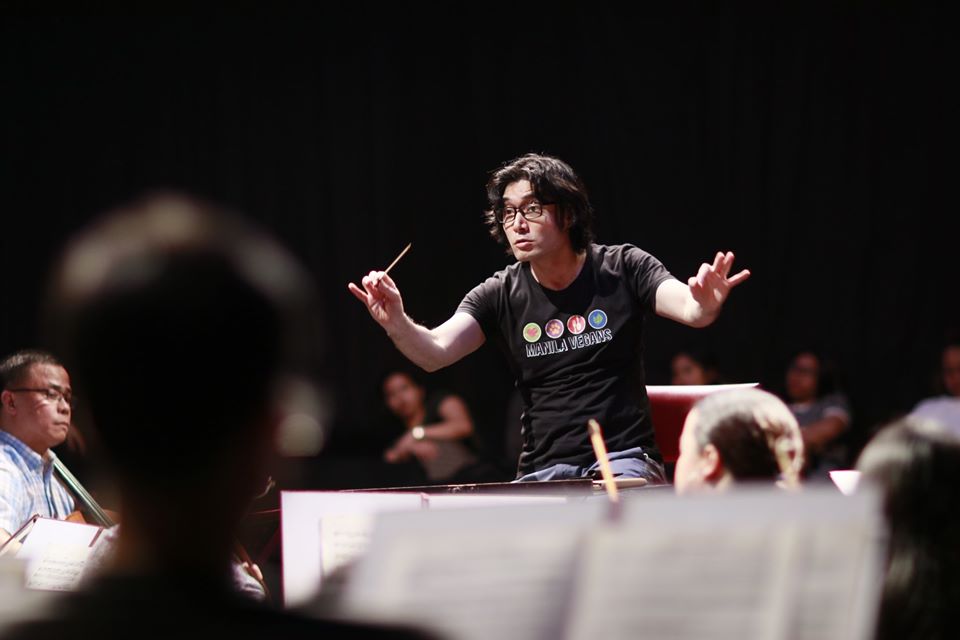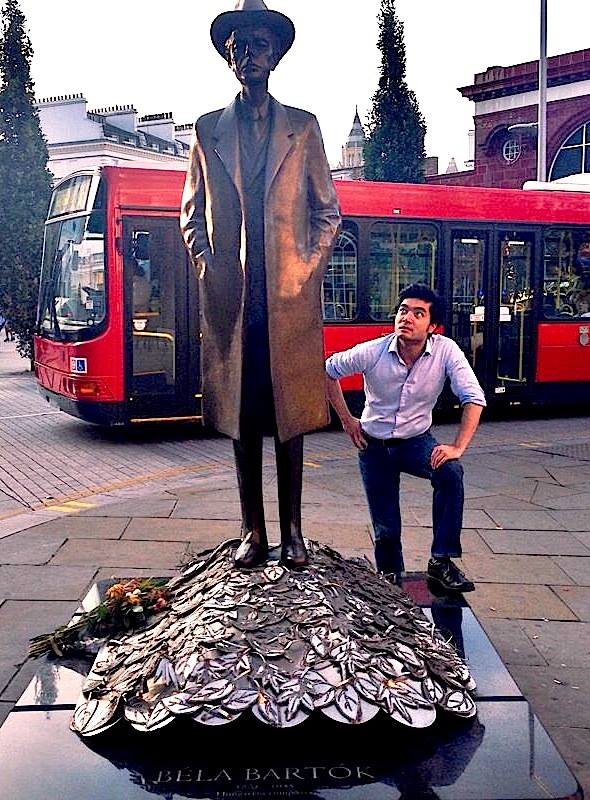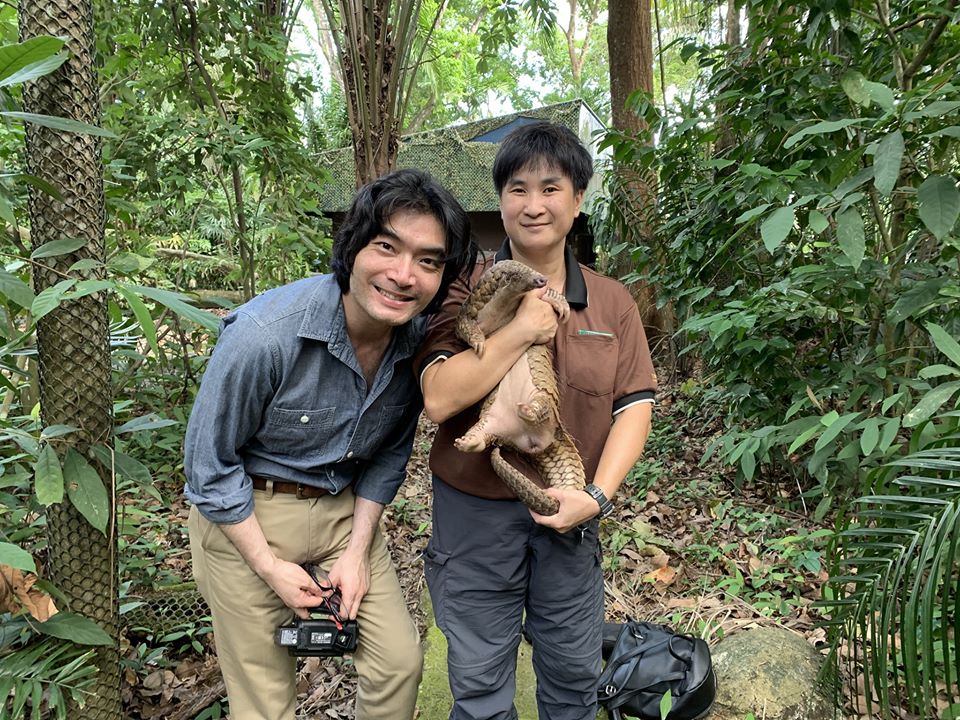
Darrell Ang in rehearsal. 2020 is the time to define himself as artist and as a person.
Singapore-based conductor Darrell Ang — who took the Grand Prize, the Audience Prize and the Orchestra Prize at the 50th Besancon International Young Conductors’ Competition — has lost more than 16 international engagements due to corona virus.
Middle of March, he had to take over the last live concert of Singapore Symphony as the previously assigned conductor hastily left due to personal emergency reason.
He recalled: “I was called on the morning of the first (of three) rehearsals with the Singapore Symphony. The guest conductor had arrived but had to make a quick emergency exit home. The first rehearsal was cancelled, and I had to step in with very little time for a very challenging program. I’ve done many such last-minute calls so I’m quite used to it. But this time the program was extremely difficult, thereby adding to the stress. However, orchestra and guest soloist made me feel completely at ease. It turned out to be an excellent week. The audience was informed beforehand, so there was no surprise. They enjoyed the concert very much!”

The conductor with the statue of composer Bela Bartok in London.
End of March, he led the orchestra in its first livestream concert without an audience in an evening of Britten and Tchaikovsky at the Victoria Concert Hall. “You’re supposed to make it feel like a ‘live’ concert when the hall is empty. I think the main difficulty is in re-creating that particular experience. With a superb orchestra like the Singapore Symphony it was easy. All the musicians were ready to give their best. It also helped that everyone onstage was aware that there was a reason for this and thus each had a role to play. I think this will open many possibilities for concert-giving in the future.”
On the first Earth Day observance during the pandemic last week of April, Ang played Bach at home to demonstrate support for environmental protection. “It is an important time to reflect on all that we love about nature and all the ways that we can help preserve it for future generations,” he posted on FB.
As quarantine days turned to weeks, he turned to composing. In May, he came up with a piece called “Skeleton Rock.”
He takes notice of the flood of livestreamed concert in the internet most of which were labor of love. “For professional musicians who make their living from concert to concert, the lack of physical income is indeed difficult to manage. However, I see this as an opportunity for all of us to start making changes the way classical music performance is structured. ‘Live-Streaming’ is the future, and classical musicians need to embrace it and make it their own. The slower we are to adapt, the more we will lose out. Soon, concert halls and concert-going will be a thing of the past. Overall, I think there are pluses and minuses: the trick is for us to turn those minuses around.”
He believes the pandemic is a time of transformation and change. “Classical music needs change, the industry needs change, musicians need to change. Classical music is outdated and its musicians are still doing things the same way for hundreds of years, and are expecting things to stay the same. This inability to adapt, to grow, to face new and difficult challenges explains why so many orchestras around the world have either closed or are facing the possibility of closure. Classical musicians and the professionals that run the business have successfully made themselves redundant.”

Darrell Ang as animal lover and nature conservationist.
But thus far, he is enjoying this period of calm and quietude. “I get to rest, stay indoors, do the things I’ve wanted to do for so long like compose, play the harpsichord, listen to music, and think about my other passions in life.”
Now he likes to conduct programs that have meaning and will communicate specific content and messages to people. “I would like to do away with the customary concert program model of overture-concerto-symphony. I’d like to program new works that have significance for the people of today. In revisiting standard repertoire, I would prefer to make them sound fresh, new and unlike the past. I would like to introduce new genres, to redefine the concert experience. Why should a symphony orchestra only be western instruments? We are a global village. Why should a concerto feature only an instrumentalist? There are lots of ways to re-imagine concert-giving.”
For him, 2020 is a turning point.
It is the time for him to redefine himself as an artist and as person. “It is a very important junction in my life so far, perhaps the most important. My message to fellow musicians? If we really believe music has meaning and power, then bring it to the world in a way you were not trained to do. The traditional methods are failing: so why still stick to them? Music has a meaning if it serves a purpose. If it is only heard by a privileged few in concert halls, then it is meaningless.”
